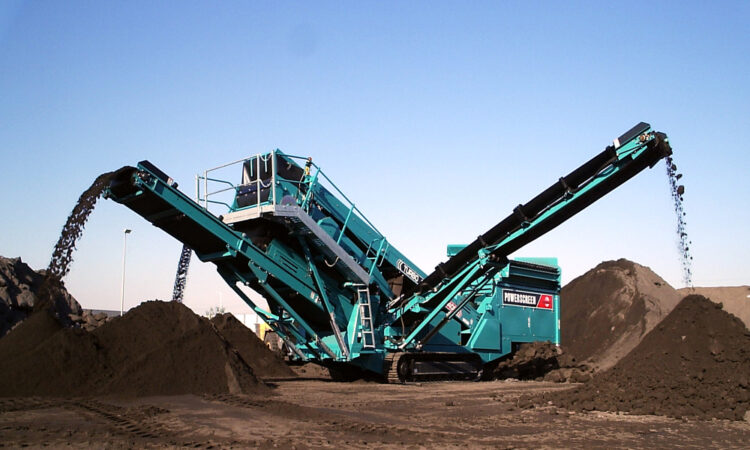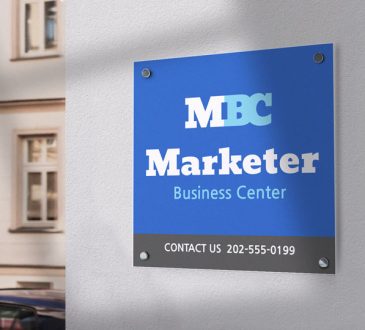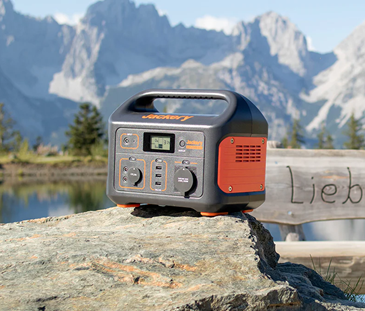
The acquisition of aggregate equipment represents a substantial financial commitment for any construction or mining venture. The ideal equipment can significantly enhance productivity, efficiency, and ultimately, profitability. Conversely, an ill-suited choice can result in expensive downtime, repairs, and operational setbacks. Hence, engaging in a thorough dialogue with your aggregate equipment supplier and posing the right questions is paramount before finalizing your purchase.
The Pivotal Role of the Right Aggregate Equipment Supplier
Your aggregate equipment supplier serves as a critical partner in ensuring you acquire machinery that perfectly aligns with your requirements. They offer invaluable insights into cutting-edge technologies, equipment capabilities, maintenance protocols, and post-sales support. By cultivating a strong rapport with your supplier, you gain access to their expertise, guaranteeing a seamless and successful equipment procurement journey.
10 Essential Questions to Pose
Let’s delve into the ten pivotal questions you should address with your aggregate equipment supplier:
- Precisely what is the equipment’s intended application and capacity?
Gaining a clear understanding of the equipment’s specific application and capacity ensures it fulfills your operational demands. Inquire about the types of materials it can handle, its production rate, and any potential limitations.
- How does the equipment fare in terms of reliability and maintenance needs?
Equipment downtime can translate to significant financial losses. Explore the equipment’s reliability, track record, and maintenance requirements. Ask about the availability of spare parts, service intervals, and recommended preventive maintenance practices.
- What safety features are integrated into the equipment?
Safety stands as an unwavering priority in any operation. Inquire about the safety mechanisms incorporated into the equipment, encompassing emergency stop buttons, guarding, and operator protection systems. Additionally, ask about any safety certifications or compliance standards met by the equipment.
- What warranty and after-sales support are provided?
A comprehensive warranty coupled with dependable after-sales support instills confidence in your purchase. Seek clarity on warranty terms, coverage, and the availability of extended warranty options. Inquire about the supplier’s service capabilities, response times, and access to technical support.
- Can you provide a breakdown of the total cost of ownership?
It is crucial to consider the holistic cost of ownership, extending beyond the initial purchase price. Enquire about operating costs, fuel consumption, maintenance expenses, and any potential resale value. Factor in these costs to make a well-informed financial decision.
- What financing avenues are at my disposal?
Explore the available financing options to facilitate your equipment acquisition. Inquire about leasing, rental, or purchase financing programs offered directly by the supplier or through third-party financial institutions. Compare the terms and select the option that best suits your financial circumstances.
- What training and support is extended to operators?
Proper operator training is fundamental for safe and efficient equipment operation. Ask about the training programs offered by the supplier, which may include on-site training, operator manuals, and any available online resources. Ensure your operators are well-prepared to handle the equipment.
- What is the anticipated lead time for delivery and installation?
Effective operational planning necessitates an understanding of the lead time for equipment delivery and installation. Inquire about the estimated timeline and any potential delays. Factor in this information to prevent disruptions to your workflow.
- What are the environmental considerations and emissions compliance?
Demonstrate environmental responsibility by adhering to regulations and emissions standards. Inquire about the equipment’s environmental impact, fuel efficiency, and compliance with applicable emissions regulations. Opt for equipment that aligns with your sustainability objectives.
- Is it possible to witness the equipment in operation or obtain customer references?
Observing the equipment in action or engaging with other customers can offer invaluable insights.




